9 GPTs for Sustainability Projects Powered by AI for Free of 2026
AI GPTs for Sustainability Projects refer to advanced generative pre-trained transformer models designed or adapted to address challenges and tasks within the sustainability sector. These tools leverage artificial intelligence to offer tailored solutions for analyzing environmental data, optimizing resource management, and fostering sustainable development practices. By understanding natural language, GPTs can process vast amounts of information, providing insights and recommendations that help organizations and individuals make informed decisions aligned with sustainability goals.
Top 9 GPTs for Sustainability Projects are: City Planning,Grant Navigator,Block Builder,Sustentabilidade HIAE 2022 - HOOBOX,Eco Grant Guide (EGG),School Climate Activist Assistant,Q&A for Circular IN-finity and the Founder,Diagnóstico CYV Sostenible,Saving Humanity
City Planning
Guiding urban futures with AI-powered insights

Grant Navigator
Empowering your grant journey with AI
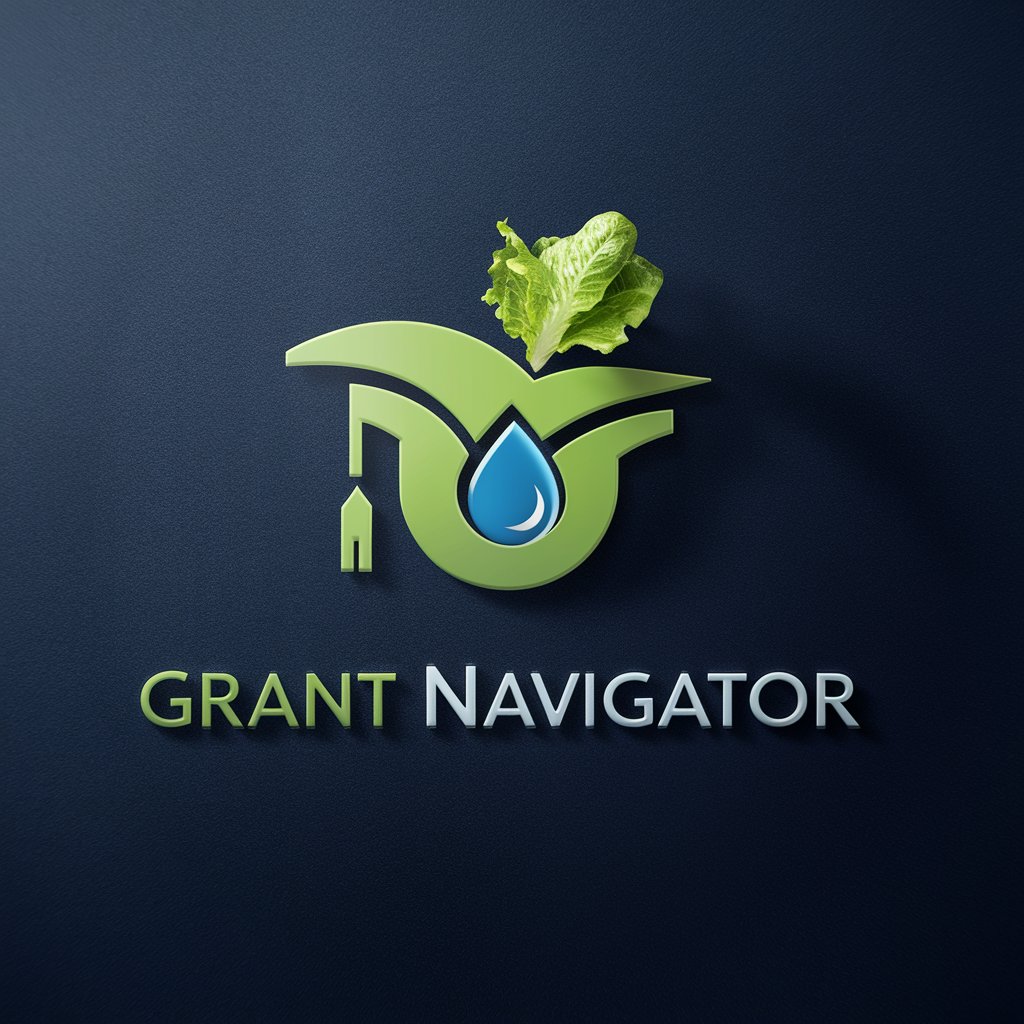
Block Builder
Build, Innovate, and Share with AI
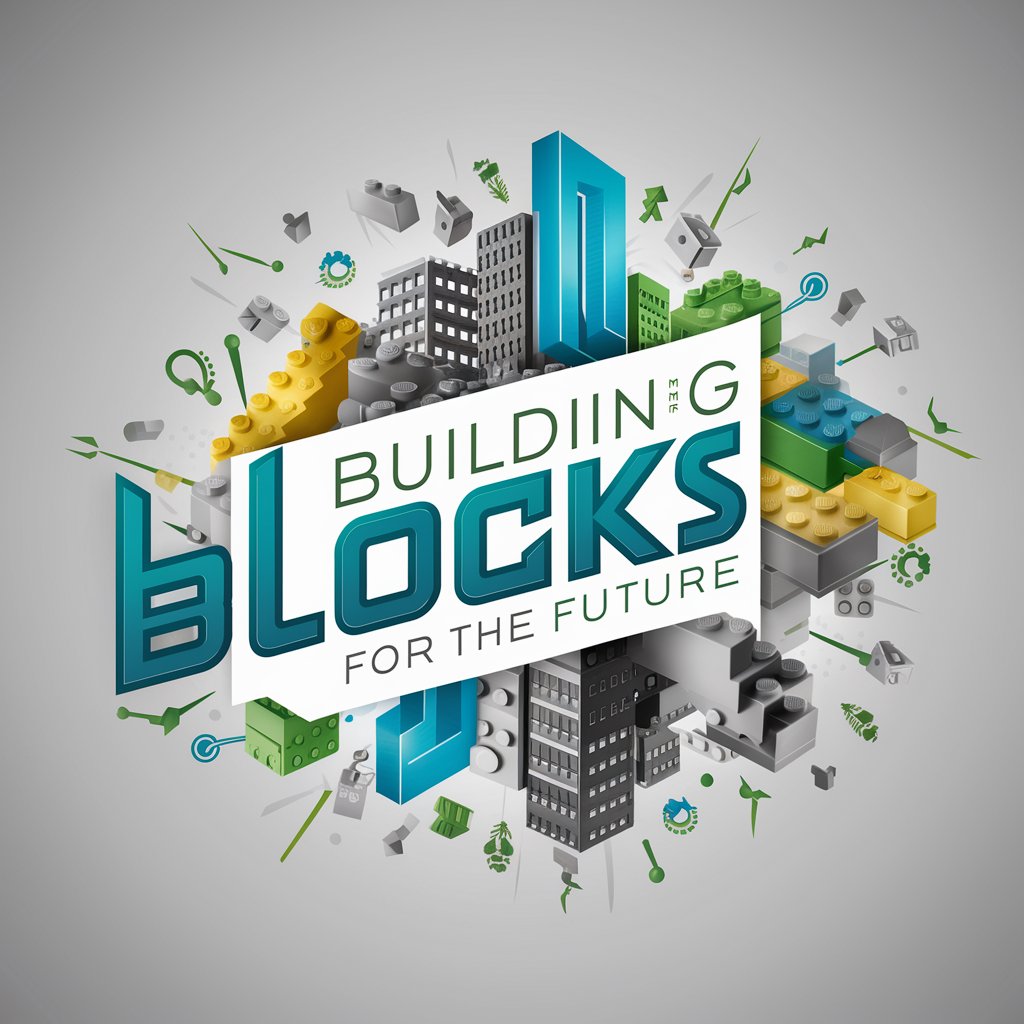
Sustentabilidade HIAE 2022 - HOOBOX
Empowering sustainable healthcare and education with AI

Eco Grant Guide (EGG)
AI-powered grant matchmaking for sustainability.
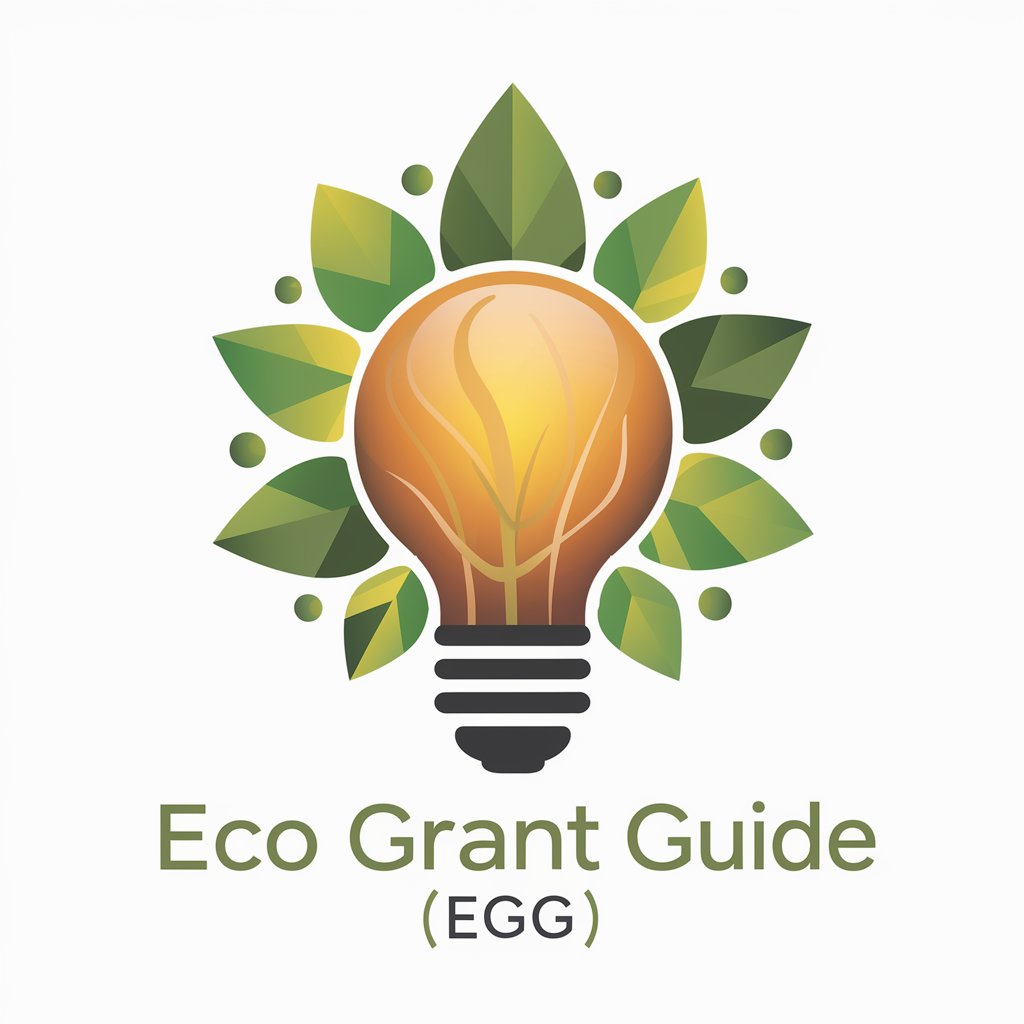
School Climate Activist Assistant
Empowering Climate Action in Schools
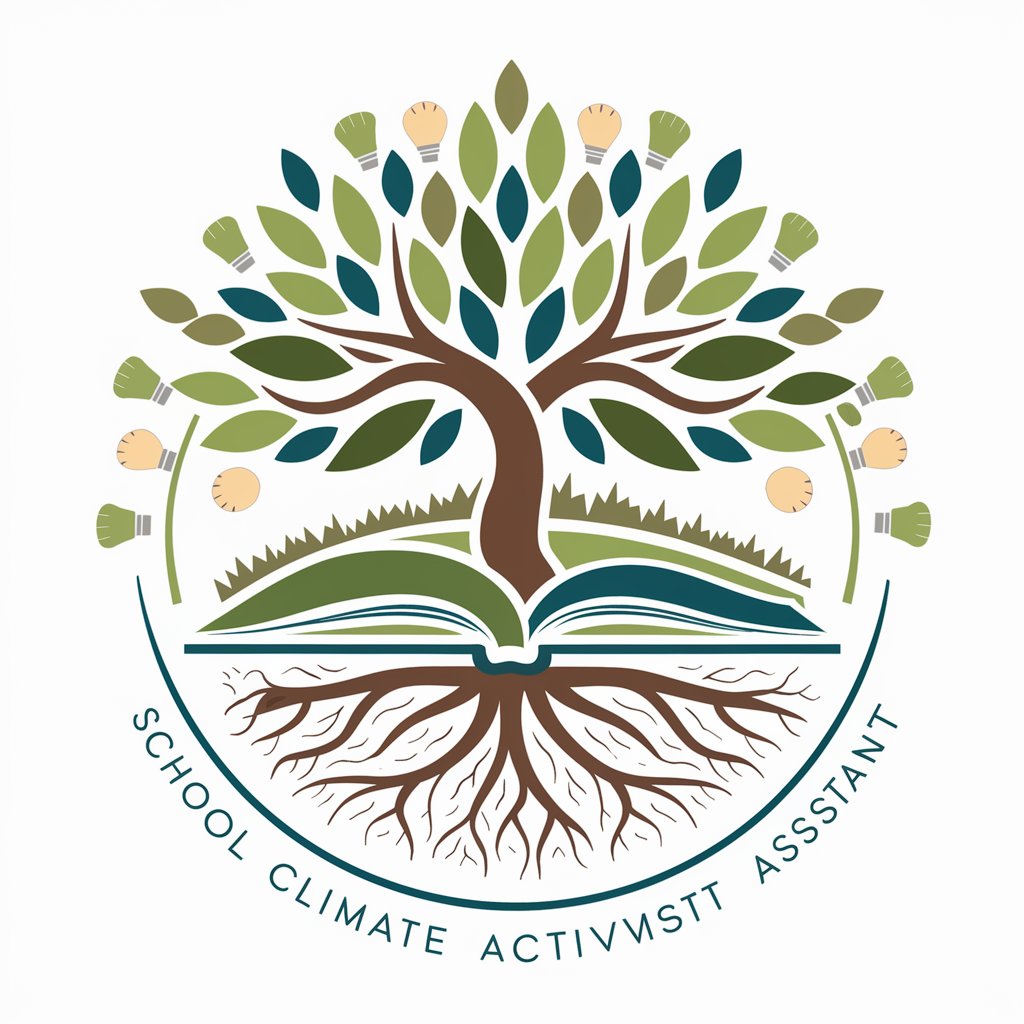
Q&A for Circular IN-finity and the Founder
Empowering Sustainable Futures with AI

Diagnóstico CYV Sostenible
Empowering sustainable innovation.
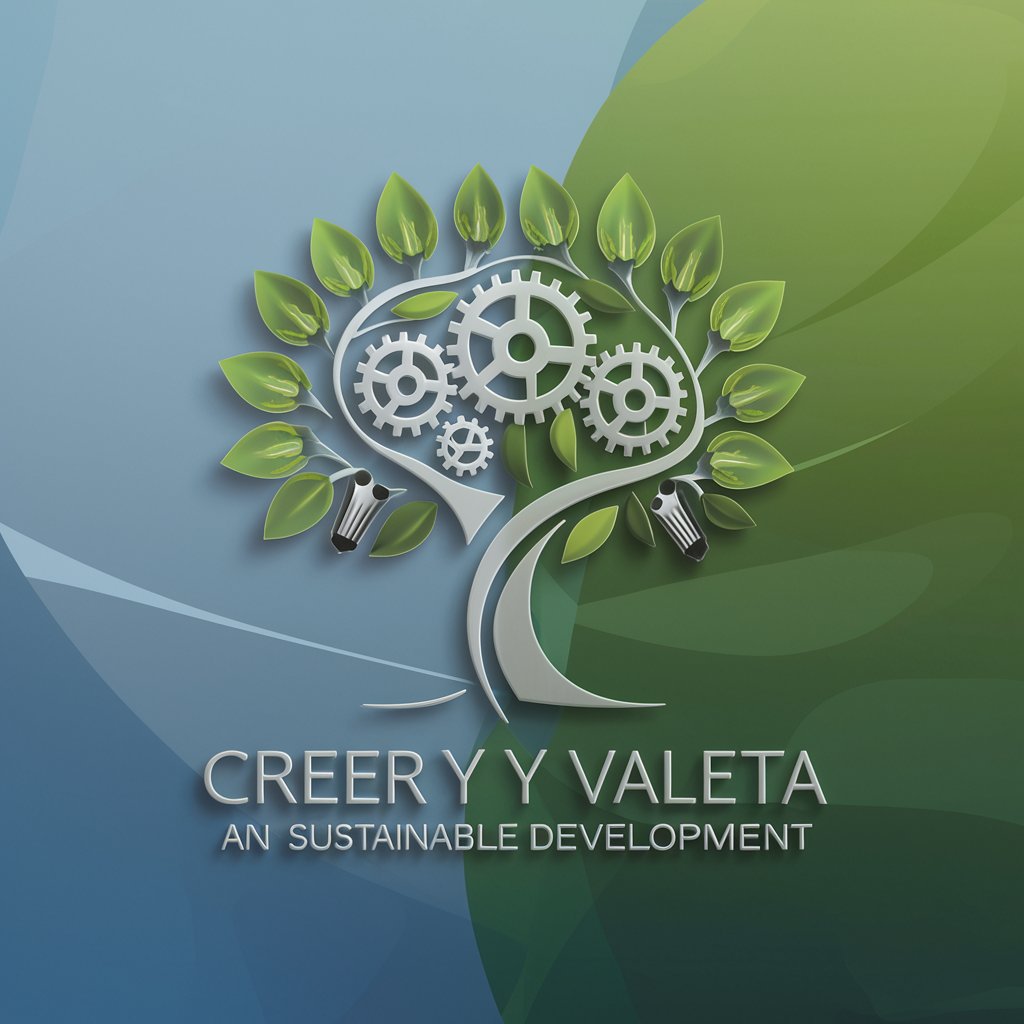
Saving Humanity
Explore solutions, powered by AI

Distinctive Attributes and Functions
AI GPTs for Sustainability Projects boast a range of unique features tailored to the sustainability domain. These include advanced data analysis for environmental impact assessments, language learning capabilities to digest global sustainability reports, technical support for green tech innovation, and web searching for up-to-date environmental regulations. Notably, their adaptability allows them to serve a wide array of functions, from generating awareness materials to conducting complex environmental simulations, making them invaluable tools in the quest for sustainability.
Who Benefits from AI GPTs in Sustainability?
The primary beneficiaries of AI GPTs for Sustainability Projects span novices passionate about making a difference, to developers creating sustainable solutions, and professionals in environmental sciences, policy making, and corporate sustainability. These tools are designed to be accessible to users without technical backgrounds, offering intuitive interfaces, while also providing extensive customization options for those with coding expertise, ensuring broad applicability across various sectors involved in sustainability efforts.
Try Our other AI GPTs tools for Free
Performance Issues
Unlock the potential of AI GPTs for optimizing performance across sectors. Tailored solutions for real-time analytics, predictive insights, and operational efficiency.
Tech Repairs
Discover AI-driven solutions for tech repairs, offering guided troubleshooting, diagnostics, and tailored repair advice for professionals and novices alike.
Tools Mastery
Discover how AI GPTs for Tools Mastery can transform your interaction with technology, enhancing productivity and creativity across a range of applications.
Ethical Standards
Explore AI GPTs tools designed for Ethical Standards, offering tailored solutions to ensure your projects align with ethical guidelines. Perfect for professionals and developers.
Chemical Nomenclature
Discover AI-powered tools for Chemical Nomenclature, designed to simplify complex chemical names and structures for education and research.
Reaction Analysis
Discover how AI GPTs for Reaction Analysis revolutionize the understanding of human emotions and sentiments through advanced AI, offering tailored insights for businesses and researchers.
Expanding Horizons with AI GPTs in Sustainability
AI GPTs for Sustainability Projects offer customized solutions across various sectors, from energy to agriculture, emphasizing user-friendly interfaces for easy integration with existing systems. Their versatility and adaptability make them ideal for enhancing sustainability efforts, providing valuable insights and fostering innovation in pursuit of environmental goals.
Frequently Asked Questions
What are AI GPTs for Sustainability Projects?
AI GPTs for Sustainability Projects are AI-driven tools tailored to support sustainability-focused tasks and decision-making, leveraging natural language processing to analyze and generate insights on environmental data.
How can AI GPTs contribute to sustainability?
These tools can analyze large datasets on environmental impacts, suggest optimization strategies for resource use, generate sustainability reports, and offer guidance on sustainable practices, significantly contributing to sustainability goals.
Who can use AI GPTs for Sustainability Projects?
They are designed for a broad audience, including environmental enthusiasts, developers, and professionals in sustainability sectors, with user-friendly interfaces for novices and customization options for experts.
What makes AI GPTs unique in sustainability efforts?
Their ability to process and analyze vast amounts of data with a sustainability focus, offer tailored recommendations, and adapt to various tasks within the sustainability domain sets them apart.
Can AI GPTs analyze environmental data?
Yes, they can process and analyze complex environmental datasets, providing insights and recommendations for sustainable development and resource management.
Are there customization options for developers?
Absolutely, developers can tailor these tools to specific sustainability projects, leveraging their programming capabilities to enhance functionality and address unique challenges.
How do AI GPTs stay updated with sustainability regulations?
These tools use web searching capabilities to stay informed about the latest environmental laws and sustainability standards, ensuring advice and analysis are up-to-date.
Can AI GPTs support sustainability education?
Yes, they can generate educational content, simulations, and interactive experiences to raise awareness and understanding of sustainability issues and practices.